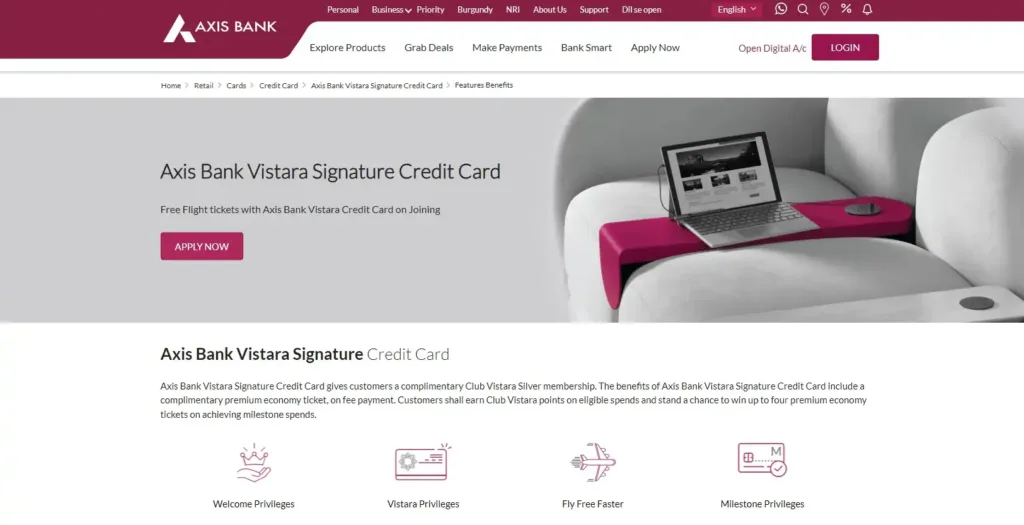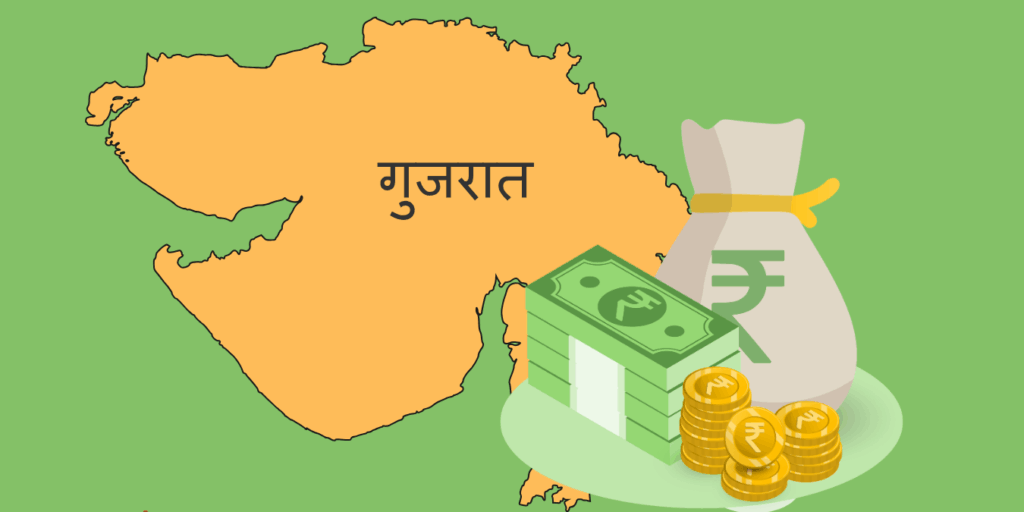
why you’re not getting promoted in India’s competitive job market, uncover challenges like gender bias, cultural expectations, and office politics. Learn actionable strategies to boost visibility, skills, and networking for career growth. Overcome promotion barriers with our expert tips tailored for Indian professionals.
In the competitive job market, securing a promotion is a key milestone that signifies career growth, recognition, and increased responsibilities. However, many professionals find themselves stuck in the same role for years, wondering why they aren’t moving up the corporate ladder. According to a 2016 study, 73% of Indian employees expected a promotion within 12 months, yet many face barriers that prevent this (Times of India). This blog post explores the top 10 reasons you might not be getting promoted, with a focus on the Indian workplace context, and provides actionable strategies to overcome these challenges.
Why Promotions Matter
Getting promoted is a significant milestone, signaling recognition, increased responsibility, and often a higher salary. In India’s competitive job market, promotions are highly sought after, yet many employees remain stuck in their roles. Understanding the reasons behind this stagnation can help you take proactive steps to advance your career.
Common Barriers to Promotion
Several factors may prevent you from getting promoted, many of which are within your control to address. These include not showcasing your achievements, lacking the right skills for higher roles, or failing to align with your company’s culture. In India, cultural nuances like respect for hierarchy and gender disparities add complexity to the promotion process.
Key Points
- Lack of Visibility: Your hard work may go unnoticed if you don’t actively share your achievements with superiors.
- Skill Gaps: Promotions often require leadership or management skills that you may need to develop.
- Cultural Fit: Aligning with your company’s values and norms, especially in India’s hierarchical workplaces, is crucial.
- Gender Bias: Women in India face significant promotion challenges, with only 1 in 9 receiving promotions.
- Office Politics: Navigating workplace relationships can influence promotion decisions.
- Economic Factors: Company policies or economic uncertainties may delay promotions.
- Work-Life Balance: Prioritizing family time, a growing trend in India, might reduce promotion opportunities.
Factors That Can Help You to Take Control of Your Career
Whether you’re an entry-level employee or a mid-career professional, understanding these factors can help you take control of your career trajectory.
1. Lack of Visibility
One of the most common reasons for missing out on a promotion is that your hard work goes unnoticed. In India’s hierarchical workplaces, where communication may not always flow freely, it’s critical to ensure your contributions are visible to decision-makers. Assuming your boss knows about your achievements can be a costly mistake.
How to Overcome:
- Share your accomplishments during team meetings or through regular progress reports.
- Use tools like performance dashboards to highlight your contributions.
- Schedule one-on-one meetings with your supervisor to discuss your role and impact.
2. Not Fitting the Company Culture
Every organization has its own culture, and aligning with it can significantly influence promotion decisions. In India, where respect for authority and family values are deeply ingrained, demonstrating loyalty and adapting to workplace norms can give you an edge (HRKatha).
How to Overcome:
- Observe the behaviors of successful colleagues and emulate those valued by your organization.
- Participate in company events or initiatives to build rapport with colleagues and superiors.
- Understand and adapt to the unwritten rules of your workplace.
3. Lack of Necessary Skills
Being exceptional in your current role is important, but promotions often require a different skill set, such as leadership, strategic thinking, or people management. In India, where technical skills are often emphasized early in careers, soft skills like communication and conflict resolution may need development.
How to Overcome:
- Enroll in leadership or management courses through platforms like Coursera or Udemy.
- Seek mentorship from senior leaders to guide your skill development.
- Volunteer for cross-functional projects to gain exposure to new areas of the business.
4. Gender Bias
Gender disparity remains a significant challenge in Indian workplaces. Research indicates that only 1 in 9 female employees receives a promotion, compared to their male counterparts (Women Entrepreneurs Review). Cultural biases and family responsibilities often exacerbate this issue.
How to Overcome:
- Build a strong professional network, including mentors who can advocate for you.
- Assertively showcase your achievements during performance reviews.
- Seek leadership opportunities to demonstrate your capability for higher roles.
5. Office Politics
Navigating office politics is a reality in many Indian workplaces, where relationships and alliances can influence promotion decisions. While building connections is important, engaging in unethical practices can harm your reputation.
How to Overcome:
- Build genuine relationships with key stakeholders while maintaining integrity.
- Stay informed about workplace dynamics without getting involved in gossip.
- Focus on delivering results that speak for themselves.
6. Timing and Company Policies
Promotions can depend on timing and organizational policies. Economic uncertainties, as seen in Accenture’s decision to delay promotions, or a lack of open positions can stall even the most qualified candidates. In India, seniority-based systems may also prioritize tenure over merit.
How to Overcome:
- Understand your company’s promotion policies and timelines.
- Consider lateral moves or special projects to gain experience while waiting for opportunities.
- Stay patient but proactive in building your skills and visibility.
7. Fear of Losing a Good Worker
Ironically, being too good at your current job can hinder your promotion. Employers may hesitate to move you to a higher role if you’re difficult to replace, a common issue in India’s stability-focused workplaces.
How to Overcome:
- Express your desire for growth and commitment to the organization.
- Highlight how your promotion can benefit the company with fresh perspectives.
- Train a successor to ease concerns about your current role.
8. Not Seeking Feedback
Regular feedback is essential for understanding areas for improvement, but in India, where direct communication may be less common, employees often miss out on constructive input.
How to Overcome:
- Proactively request feedback during one-on-one meetings with your supervisor.
- Use feedback to set clear goals and track your progress.
- Ask for specific examples if feedback is vague.
9. Lack of Networking
Networking is critical for career advancement, especially in India, where personal connections often open doors. Building relationships within and outside your organization can increase your visibility and support for promotions.
How to Overcome:
- Attend industry events, conferences, or workshops to meet professionals in your field.
- Connect with colleagues across departments to broaden your perspective.
- Join professional associations or alumni networks for additional opportunities.
10. Prioritizing Work-Life Balance
A 2025 report found that 78% of Indian employees prioritize family time over career growth, reflecting a shift toward work-life balance (Zee News). While this is beneficial for well-being, it may reduce opportunities to showcase commitment.
How to Overcome:
- Set boundaries but remain flexible for critical projects or opportunities.
- Communicate your availability for high-impact tasks.
- Use efficient time management to balance responsibilities without burnout.
How to Boost Your Chances
To overcome these barriers, focus on building visibility, developing relevant skills, and networking effectively. Seek feedback regularly, align with your company’s values, and demonstrate leadership potential. By taking these steps, you can position yourself as a strong candidate for promotion. To overcome these barriers and position yourself for a promotion, consider the following strategies:
| Strategy | Description |
| Be Proactive | Take initiative on projects and seek new responsibilities to demonstrate potential. |
| Continuous Learning | Update your skills through courses, workshops, or certifications. |
| Build Relationships | Network within your organization and industry to gain support and visibility. |
| Seek Feedback | Regularly ask for feedback to understand and address areas for improvement. |
| Increase Visibility | Share your achievements through updates, reports, or presentations. |
| Understand Company Culture | Align your behavior with organizational values and norms. |
| Advocate for Yourself | Confidently promote your skills and contributions to decision-makers. |
Final Thought
Securing a promotion in India’s competitive job market requires more than just hard work—it demands strategy, visibility, and adaptability. By addressing challenges like lack of visibility, skill gaps, gender bias, and cultural misalignment, you can significantly improve your chances of career advancement. Stay proactive, seek feedback, and align with your organization’s values while continuously developing your skills. In a landscape shaped by cultural nuances and economic shifts, taking control of your career path is key to achieving the promotion you deserve.














































